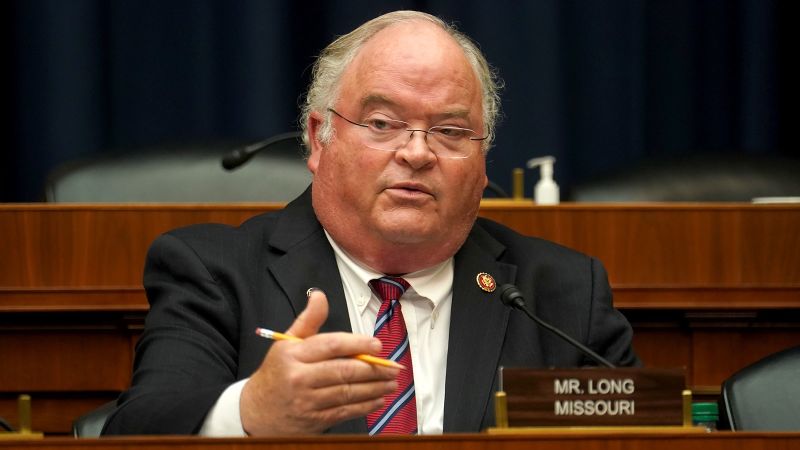Turbulent Times at the IRS: Trump's Pick Hangs in Limbo Amid Leadership Carousel

The Internal Revenue Service has been caught in a whirlwind of leadership instability since President Donald Trump assumed office. The agency has experienced a tumultuous period, cycling through four acting leaders in rapid succession and struggling to maintain organizational coherence. Meanwhile, the president's nominee for a permanent commissioner remains in limbo, awaiting a critical Senate confirmation hearing that could potentially stabilize the agency's leadership.
This ongoing leadership vacuum has raised significant concerns about the IRS's operational effectiveness and strategic direction. The frequent changes in top management have created uncertainty and potentially disrupted the agency's ability to implement consistent policies and serve taxpayers efficiently.
The prolonged uncertainty surrounding the agency's leadership underscores the challenges of maintaining administrative continuity during periods of political transition. As the IRS continues to navigate these turbulent waters, stakeholders are eagerly anticipating a permanent leadership solution that can restore stability and focus to this critical government institution.
